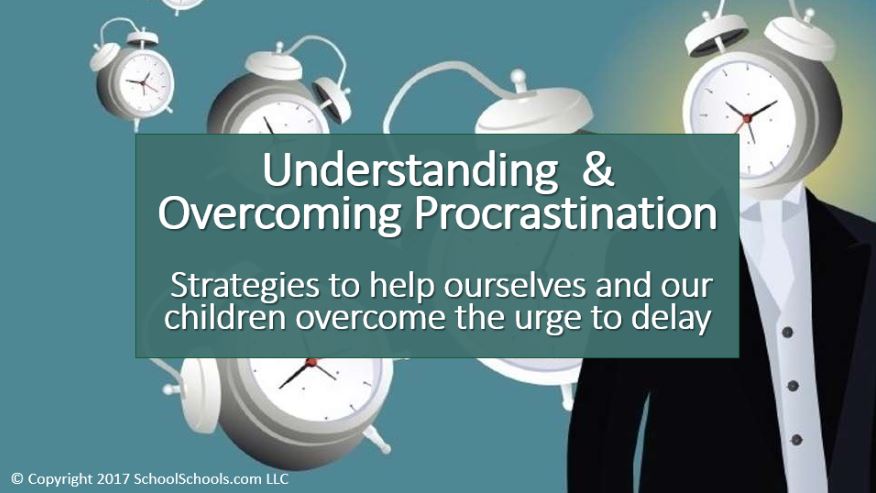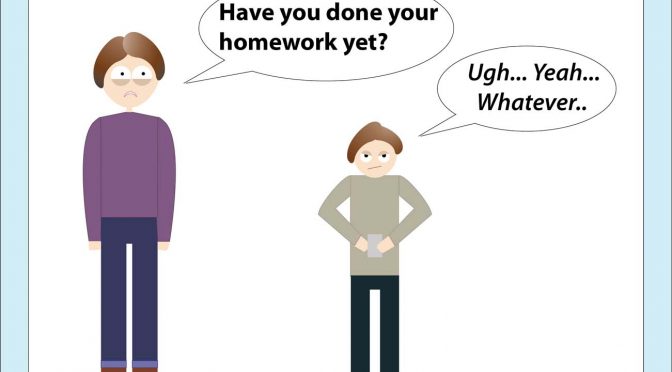 Do we all have an inner John Wayne, or is grit unique to the gritty few?
Do we all have an inner John Wayne, or is grit unique to the gritty few?
Is grit a product of circumstance that reveals it or do we need to bring grit to the scene? I’m thinking it’s a little of both, but it’s certain that some of us are “grittier” than others, and each of us in different ways.
Academics are newly concerned with “grit,” or “resilience,” as long term success requires the ability to get past challenges and set backs. In fact, students who overcome failure and keep steady towards a long term goal are understood to be better prepared for higher level academics and life in general than students who never faced failure at all. Continue reading


 Is math just for math people? Are you just not wired for math? Well, you and your math-struggling student can celebrate Pi day, too!
Is math just for math people? Are you just not wired for math? Well, you and your math-struggling student can celebrate Pi day, too!


 We hear it all the time. Students say, “I get it when my teacher shows it to me, but I can’t do it on the test.” Then parents tell us that their child “doesn’t test well.”
We hear it all the time. Students say, “I get it when my teacher shows it to me, but I can’t do it on the test.” Then parents tell us that their child “doesn’t test well.”
 When students say they don’t “test well” or that they “don’t know how to study,” parents and teachers often respond with suggestions — and criticism — to, well, just “study harder.” Great. But what does “study harder” actually mean?
When students say they don’t “test well” or that they “don’t know how to study,” parents and teachers often respond with suggestions — and criticism — to, well, just “study harder.” Great. But what does “study harder” actually mean?
 What’s best for school, a laptop, tablet, or PC?
What’s best for school, a laptop, tablet, or PC?
 Parents and teachers think that if only students would connect their short term decisions to long term goals, such as college and jobs, they would quit procrastinating and do their homework.
Parents and teachers think that if only students would connect their short term decisions to long term goals, such as college and jobs, they would quit procrastinating and do their homework.




 A student’s mom is upset about her grades and that she’s not doing her homework. But the student thinks her mom is being too pushy. Like high school teens & parents everywhere, they’re both a little right — and also a little wrong.
A student’s mom is upset about her grades and that she’s not doing her homework. But the student thinks her mom is being too pushy. Like high school teens & parents everywhere, they’re both a little right — and also a little wrong.